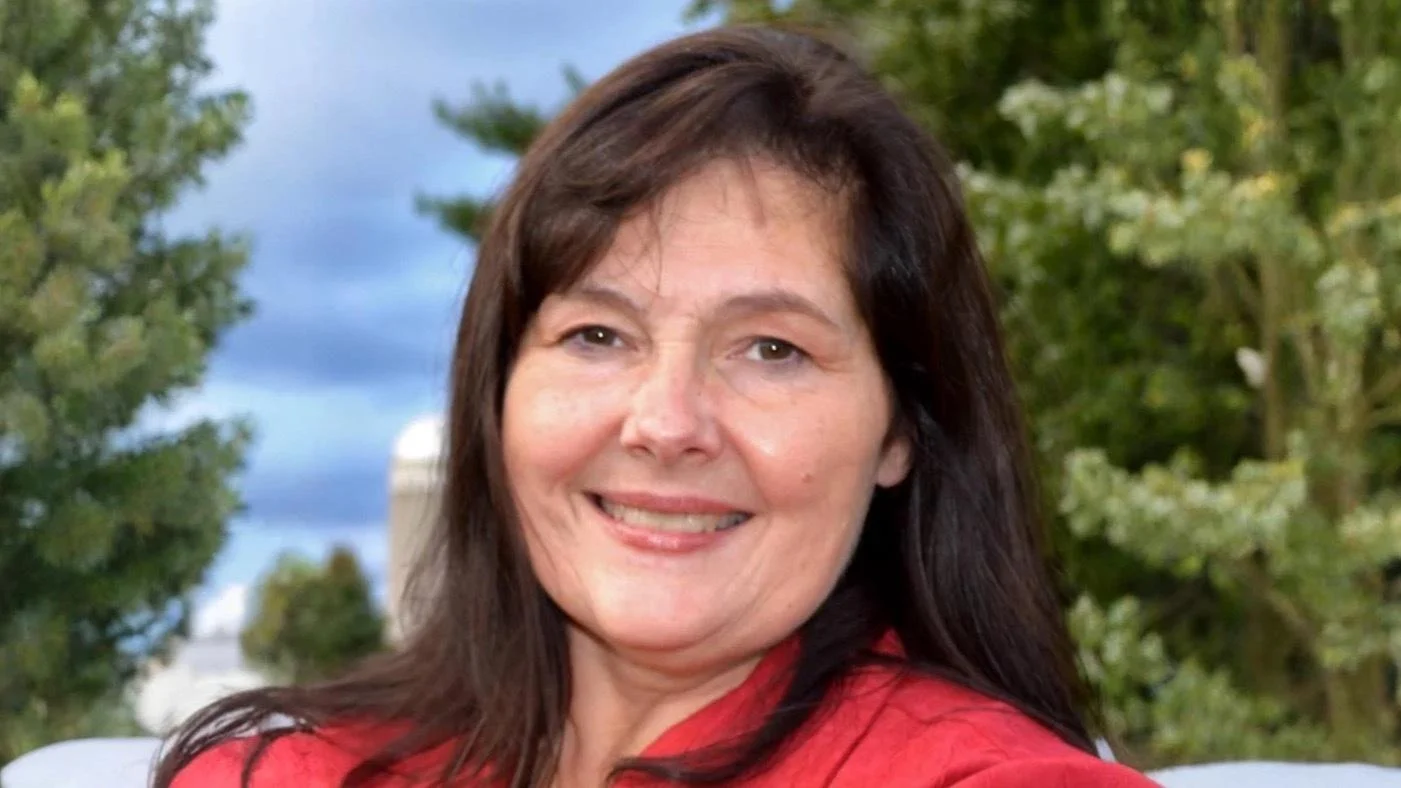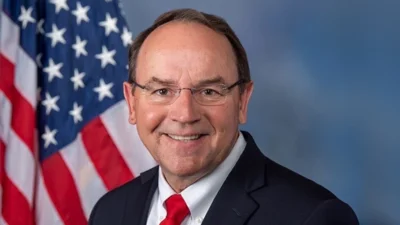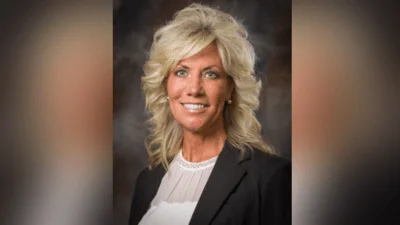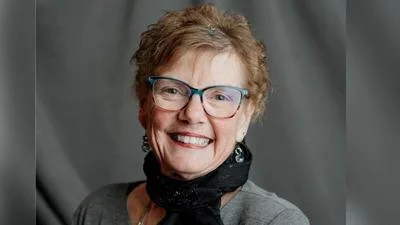Nancy VanderMeer, Wisconsin State Representative for 70th District | Official Website
Nancy VanderMeer, Wisconsin State Representative for 70th District | Official Website
According to the Wisconsin State Legislature's official website, the bill was described as follows: "immunity for 911 call centers and dispatchers that transfer callers to the national 988 Suicide and Crisis Lifeline".
The following is our breakdown, based on the actual bill text, and may include interpretation to clarify its provisions.
In essence, this bill establishes that public safety answering points, commonly known as 911 call centers, and dispatchers in Wisconsin are generally immune from civil liability when transferring callers to the national 988 Suicide and Crisis Lifeline. This immunity applies to outcomes resulting from such transfers, aiming to encourage prompt linkage to specialized crisis intervention without fear of legal repercussions. However, this immunity does not apply if an injury results from an act or omission by the dispatcher or call center that constitutes gross negligence or willful or wanton misconduct.
The bill was co-authored by Senator Jesse L. James (Republican-23rd District), Representative Elijah R. Behnke (Republican-6th District), Representative Lindee Rae Brill (Republican-27th District), Representative Dean Kaufert (Republican-53rd District), and Representative Daniel Knodl (Republican-24th District). It was co-sponsored by Senator Sarah Keyeski (Democrat-14th District), Senator Howard L. Marklein (Republican-17th District), and Senator Romaine Robert Quinn (Republican-25th District), along with nine other co-sponsors.
Nancy VanderMeer has co-authored or authored another 19 bills since the beginning of the 2025 session, with none of them being enacted.
VanderMeer graduated from the University of Wisconsin at La Crosse in 1988 with a BS.
VanderMeer, a Republican, was elected to the Wisconsin State Assembly in 2015 to represent the state's 70th Assembly district, replacing previous state representative Amy Sue Vruwink.
In Wisconsin, the legislative process starts when a senator, constituent, group, or agency proposes an idea for a bill. After drafting, the bill is introduced, numbered, and referred to a committee for review and public input. If approved, it moves through three readings and votes in both the Senate and Assembly. Once both chambers pass the same version, the bill goes to the governor, who can sign it, veto it, or let it become law without a signature. Only a small share of bills introduced each session ultimately become law. You can learn more about the Wisconsin legislative process here.
| Bill Number | Date Introduced | Short Description |
|---|---|---|
| AB309 | 06/06/2025 | Immunity for 911 call centers and dispatchers that transfer callers to the national 988 Suicide and Crisis Lifeline |
| AB106 | 03/11/2025 | Exempting certain electric vehicle charging stations located at a residence from the electric vehicle charging tax. (FE) |
| AB80 | 02/28/2025 | Ratification of the Social Work Licensure Compact. (FE) |





 Alerts Sign-up
Alerts Sign-up